Choosing the right battery material impacts performance, safety, and cost. Today's energy storage market offers several viable options with different strengths.
Lithium iron phosphate (LiFePO4) currently represents the best material for most home energy storage due to its perfect balance of safety (no fire risk), lifespan (5,000-7,000 cycles), and stable performance in varying temperatures - outperforming lead-acid and other lithium variants for solar applications.
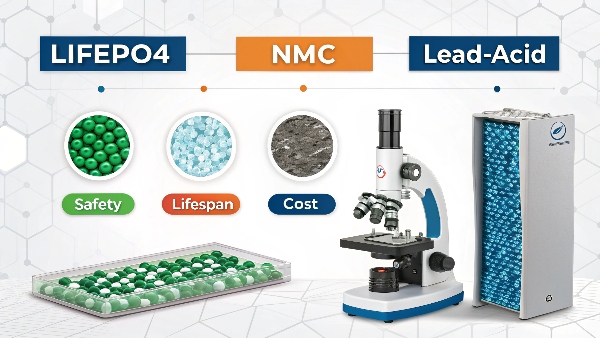
From our 12 years of battery manufacturing experience, we've tested all major technologies. Here's what homeowners should know about today's options.
Huarigor Home Battery Energy Storage Solutions?
Professional energy storage systems bring reliability and smart features to residential solar installations.
Huarigor home battery solutions provide: 1) Modular LiFePO4 batteries (5-30kWh expandable), 2) Integrated hybrid inverters for seamless solar charging, and 3) Smart energy management that optimizes self-consumption. These systems maintain 80% capacity after 6,000 cycles - lasting 15+ years with daily use.
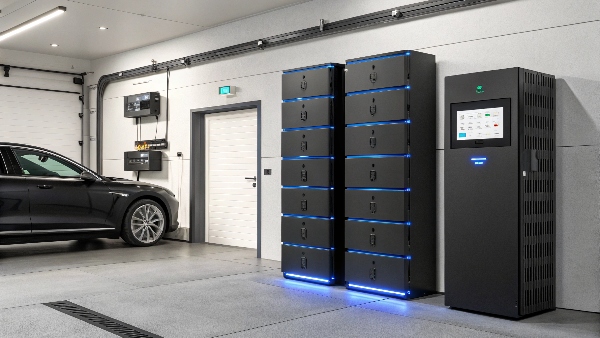
Huarigor System Components:
-
Battery Modules
- 5kWh building blocks
- Expandable to 30kWh+
- Wall or floor mounting
-
Hybrid Inverter
- 5kW/8kW/10kW options
- 97% conversion efficiency
- Grid-tie/off-grid modes
-
Monitoring System
- Real-time app tracking
- Usage analytics
- Remote troubleshooting
Key advantages:
- 30-minute installs for pre-configured systems
- 50% space savings versus lead-acid
- Plug-and-play expansion
- 10-year full warranty
How to Select a Lithium Battery for Residential Solar System?
Picking the right lithium battery requires evaluating several technical and practical factors.
Choose solar lithium batteries by: 1) Matching capacity to daily usage (typically 10-20kWh), 2) Verifying cycle life (5,000+ for LiFePO4), 3) Checking operating temperature range (-20°C to 60°C ideal), and 4) Ensuring proper certifications (UL1973, IEC62619). Avoid batteries without battery management systems (BMS).
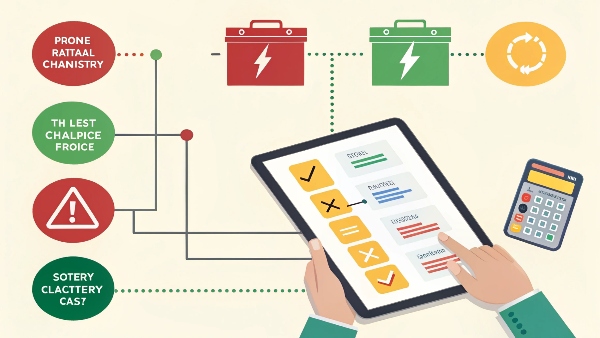
Solar Battery Selection Checklist:
| Parameter | Good | Better | Best |
|---|---|---|---|
| Chemistry | NMC | LiFePO4 | LiFePO4+ |
| Cycles | 3,000 | 5,000 | 7,000+ |
| DoD | 80% | 90% | 100% |
| Warranty | 5yr | 7yr | 10yr |
| Efficiency | 90% | 95% | 98% |
| Temp Range | 0-45°C | -10-50°C | -20-60°C |
Common mistakes to avoid:
- Undersizing capacity needs
- Ignoring installation environment
- Overlooking warranty terms
- Choosing solely by price
- Neglecting future expansion
What Are the Advantages of Battery Energy Storage Systems?
Modern energy storage delivers benefits beyond simple backup power capabilities.
Battery storage systems offer 5 key advantages: 1) Energy independence (reduce grid reliance 60-90%), 2) Lower electricity bills (via peak shaving), 3) Emergency backup (during outages), 4) Solar optimization (store excess daytime production), and 5) Grid services income (in some markets).
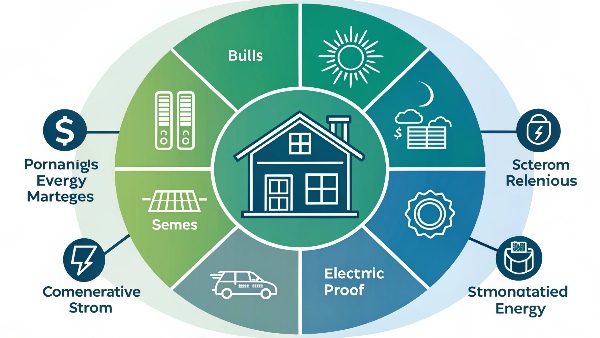
Advantage Breakdown:
-
Financial Savings
- Reduce peak demand charges
- Avoid time-of-use rates
- Qualify for solar incentives
-
Energy Resilience
- Automatic outage protection
- Critical load support
- Surge protection
-
Environmental Impact
- Maximize renewable usage
- Reduce carbon footprint
- Enable EV charging
-
Grid Services
- Virtual power plants
- Frequency regulation
- Demand response
Real-world impacts:
- 80% of solar customers add storage
- 85% report satisfaction
- 7-10 year average payback
- 50% bill reduction common
Should I Get a Solar Battery?
The decision to add storage depends on individual energy needs and local conditions.
Most homeowners benefit from solar batteries if: 1) They experience frequent outages, 2) Have time-of-use electricity rates, 3) Want to maximize solar self-consumption, or 4) Live where incentives exist. System payback typically ranges 6-10 years, with batteries becoming more affordable annually.
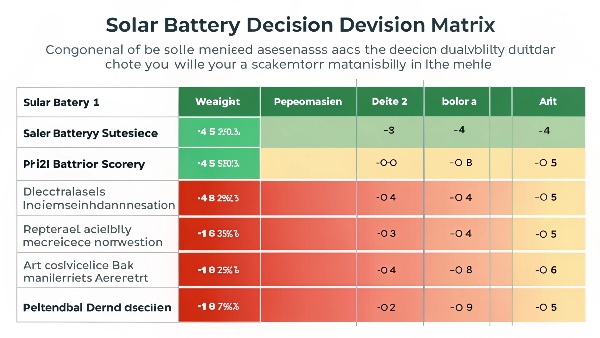
Decision Factors Matrix:
| Situation | Recommended | Notes |
|---|---|---|
| Frequent power cuts | ★★★★★ | Essential backup |
| High electricity rates | ★★★★☆ | Significant savings |
| Net metering limits | ★★★★☆ | Maximize solar value |
| Electric vehicle owner | ★★★★☆ | Optimize charging |
| Off-grid location | ★★★★★ | Critical necessity |
| Low solar export rates | ★★★★☆ | Better than selling |
Key considerations:
- 60% of buyers cite backup as top reason
- 30% cost reduction since 2020
- 15% annual price decline expected
- 50% longer warranties now available
Conclusion
Lithium iron phosphate (LiFePO4) stands out as today's optimal battery material for home energy storage, combining safety, longevity, and stable performance. Modern systems like Huarigor's solutions make solar storage more accessible than ever, delivering both financial benefits and energy resilience. As prices continue falling approximately 15% annually and technology improves, adding battery storage to residential solar systems is becoming an increasingly smart investment for homeowners worldwide.

